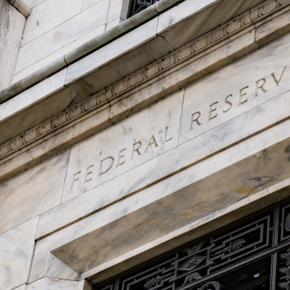You can elect to do your retirement planning with any of the scores of advisory services available these days.
Stocks edged lower in the final week of May as fresh news on economic growth and inflation failed to inspire investors.
Although the environment for risk assets remains largely attractive, early gains from achieving the soft landing are likely in the rearview mirror for investors. It’s going to get tougher from here. The increasing likelihood of a Fed monetary policy mistake, stubborn inflation, disappointing earnings results, toppling over the US fiscal cliff, rising geopolitical tensions, and contentious elections all pose serious risks to the rally.
As artificial intelligence (AI) continues to advance at a rapid pace, it’s increasingly clear that reliable and resilient power sources and infrastructure are critical to its growth. Renewables can help meet added demand without compromising companies’ sustainability targets
Markets are pumping aggressively this morning as investors pray that the Fed follows its counterpart north of the border in cutting rates.
The current spread levels in the U.S. credit market are not unusual, as there have been previous periods when corporates have traded at similar or even lower levels.
One of the handful of companies bucking the trend last week was Nvidia. The company reported that its Q1 sales tripled from a year ago.
Plans for big-ticket purchases remained depressed with elevated prices, steep borrowing costs and reduced credit availability weighing on ordering activity. Finally, Americans called the odds for recession likely while CEOs were more sanguine, sustaining odds of roughly 35%.
Market participants are pressing the pause button on Wall Street’s recent stock rally as they sift through a buffet of remarks from Fed speakers. Federal Reserve speakers yesterday emphasized that the current fed funds rate is restrictive and is likely to continue to support disinflation, but more evidence is needed that price pressures are easing in a sustainable manner before the central bank lowers rates.
Fed policy has a heightened data dependency, leading to increased volatility in the bond market. Even though rate cuts remain the odds-on favorite for later this year, investors should heed the tenor of recent Fed-speak, which reinforced the notion of rates being higher for longer.
A cooler-than-expected Consumer Price Index (CPI) report sparked a broad-based rally as the upbeat news raised investors’ hopes for a rate cut.











